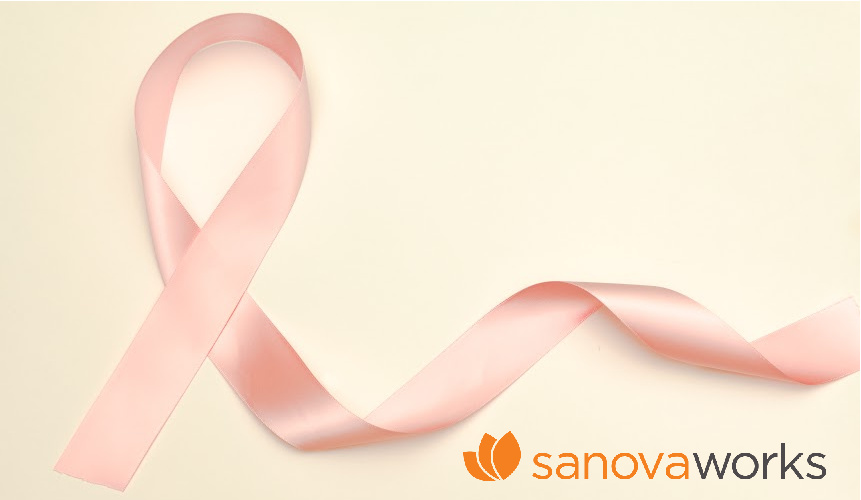
NEW YORK, (October 22, 2021) – Signe Pihlstrand, SanovaWorks Vice President
What do employees want? Other than summer Fridays? They want to feel appreciated at work. They want to feel important, to their team, to their manager, to the company. One way to do this is with feedback.
Feedback vs. being office buddies
Feedback is the most important aspect of employee growth. It’s not difficult to implement a process for feedback. And, you likely think you are giving feedback but you aren’t–at least as far as your employees are concerned. Being friendly or becoming office buddies with your team is not the same thing. Having a great relationship with your employees is great, but that’s not feedback. Managers often make this mistake and think because everyone gets along so well, that employees know they are appreciated, and they aren’t getting the feedback for growth they want and deserve.
There have been countless studies and surveys on it – employees say they want more meaningful feedback, more interaction with their managers on how they are doing, whether it’s positive or constructive. Engaged employees want to know the same things, no matter where they work. How am I doing at my job? How does what I’m doing matter to the company? Is my manager happy with my performance?
Appreciation is key
The common denominator is appreciation. When an employee feels appreciated, and that their performance and contributions are recognized, that employee is more likely to feel content at their job. Money and perks may get an employee in the door, but that feeling of contentment is what keeps them in your company.
Our managers are encouraged, and instructed, as part of our management program, and as part of employees’ development, to give regular feedback to their employees, both positive and constructive. Remember, constructive feedback is important, to not only steer in the right direction, but to show that you are invested and notice what they are doing – that you care about their development in their careers, and as part of the company.
Company culture as an environment of appreciation
Additionally, we try to foster an environment where people appreciate each other. We’ve created a company culture that feels like we are all connected and support each other. We encourage celebrating being a great employee. Getting shout-outs on Yammer, and being acknowledged for something you did, and knowing your manager knows, is a great feeling we like to give our Team.
How does your company promote an appreciative environment? Are your managers providing enough feedback to their teams? Are you?
Tip: If you’re not in the habit – start! Hint: a huge key to good feedback is being specific. Yes, “Hey, just wanted to let you know you did a great job on Project X” is terrific to hear. But, “Hey, that work you did on Project X was really amazing. Thank you for spending that extra time to outline all of those key points for the client. I really think that made the difference in the end.” sounds way better, doesn’t it? The more specific it is, the more impact it will have.
Try it now. Did one of your employees do something today that you were happy about? Or, did you hear about something really great that they did? Go and tell them.
All the best,
Signe
Signe Pihlstrand, SanovaWorks Vice President


Recent Comments